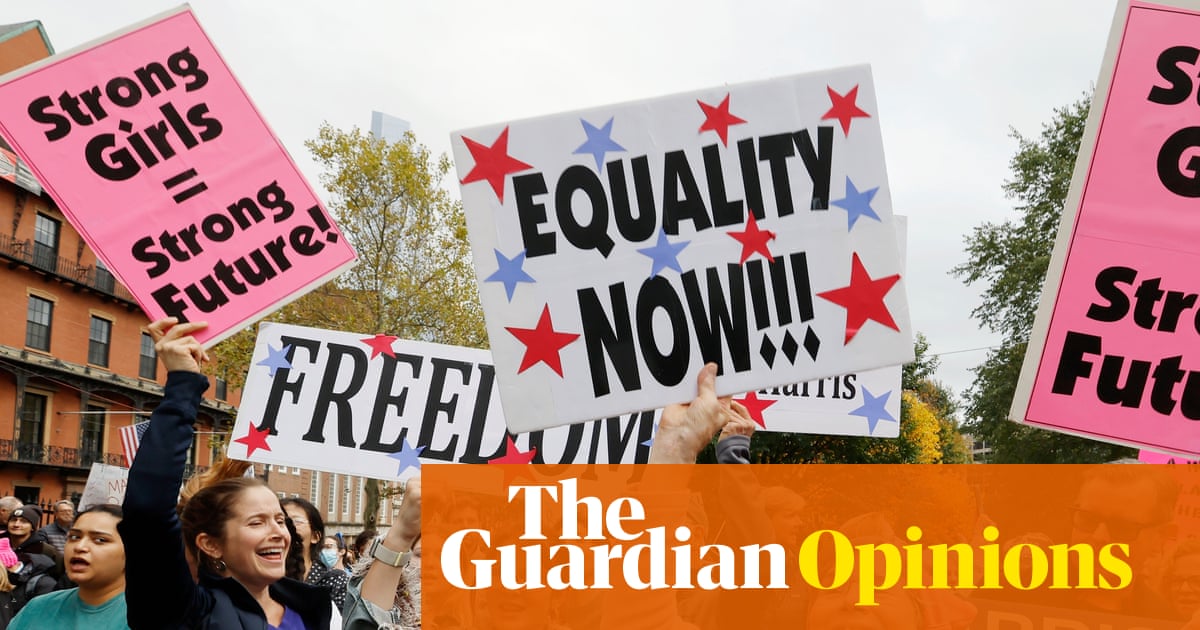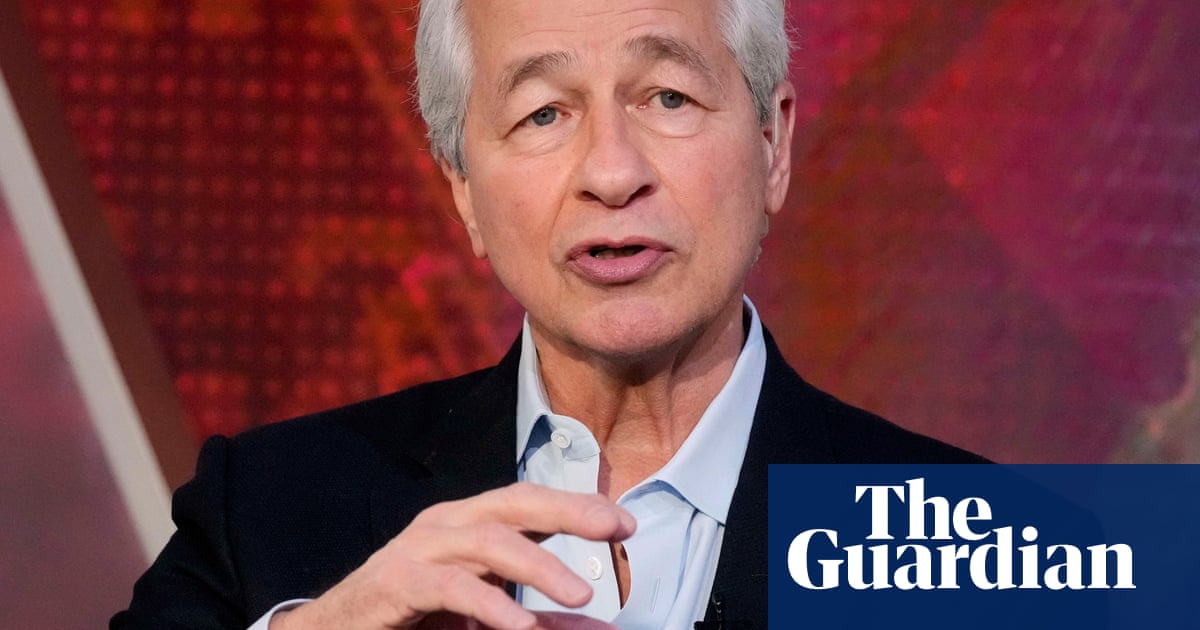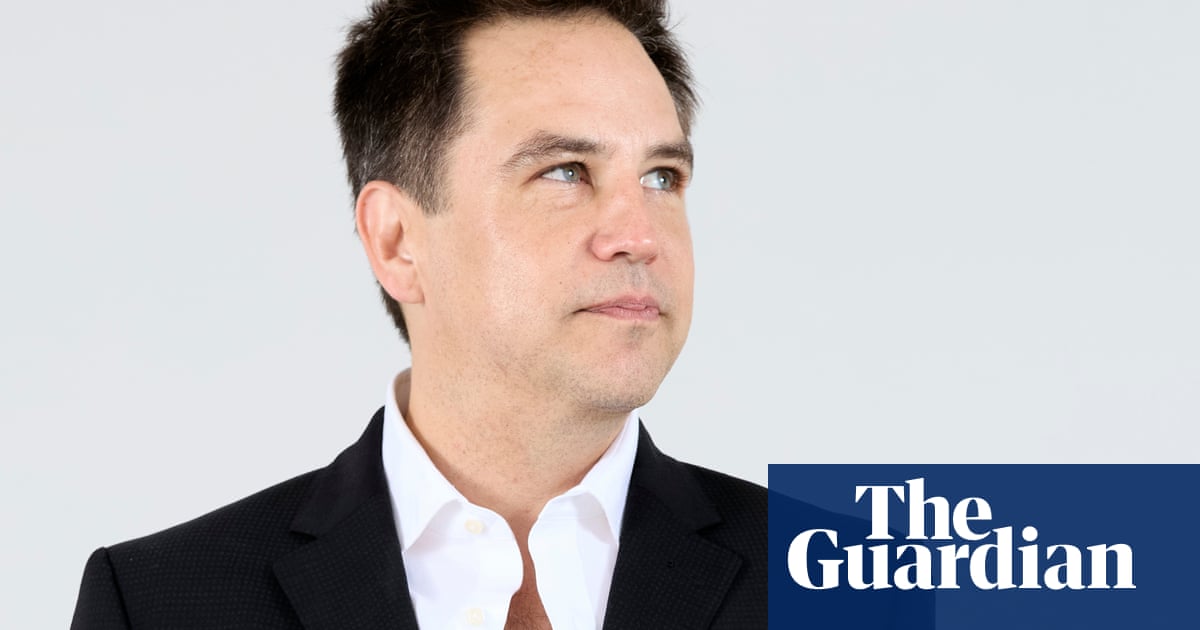Early retirement is a wealthy indulgence that needs to be discouraged. As a minimum, ministers should strip away any inducement offered by the tax system for people who want to retire in their 50s.
Every western country needs their more mature workers to keep going, if not full time, then part time. And if not paid work, then unpaid voluntary work that acknowledges the luck that flows from being a 21st-century baby boomer in good health.
Communities, regions and countries cannot afford for older people to pack up and head for the golf course, or worse, book a permanent cruise and spend their cash in international waters.
Last week, the government convened a pensions commission to consider a narrow question: how to boost the incomes of lower-paid workers in retirement.
It is understandable that the government is worried about the increasing numbers of low-income workers who will soon spend a long retirement struggling to make ends meet.
This is a genuine concern and a subject worthy of a commission. Yet there is a need to address a far wider question, which is how society will thrive when the age pyramid is inverted, with only a smattering of young people holding up a mountain of retirees.
Retirement has its origins in the Industrial Revolution and the need to prevent older people from ending their years in abject poverty, not to fulfil a bucket list of expensive desires.
The commission should ask why anyone in the 21st century should think they can put their feet up seven days a week when they are fit and well, and able to participate in economic life.
Yet a prosperous retirement is the aim of so many – and not only when they are approaching their 60s.
If you look at the strike record of full-time university lecturers you would think they obsess about their pensions every day.
Council staff spend precious hours scrolling through WhatsApp groups discussing the most mundane changes to their retirement plans with a degree of attentiveness that, to give them credit, is in line with the generosity of their benefits.
Company boardrooms are no different. Executives will set aside huge amounts of time to manage their complex and stunningly generous pensions. Having a financial consultant ready and available on the phone to talk about their retirement plans has become a must-have demand in the corporate world.
Maybe its the lure of sailing on the Adriatic or cruising the Caribbean that captivates so many, or less positively, the frustration and anxiety from working near, with or for incompetent or venal managers in a succession of modestly paid jobs.
Still, whatever the reason, too many people want to cash out of the economy, trading their pension and property gains for a long period of rest, with only the stress of remembering what day it is to bump their heart rate.
after newsletter promotion
Some economists have argued that this moment – when boomers are no longer participating in the workplace – will trigger a profound shift in the economy. Those workers still in the labour market will bid up their wages, pushing up prices and making high inflation a permanent feature.
Governments will find it harder to borrow money, in part because pension funds, after decades of growth, will have a declining need to buy their bonds.
There are also extra bills to pay. In its latest report on the UK, the International Monetary Fund says the effects of population ageing on health and pension costs will account for a further 8% of GDP by 2050 compared with an extra 5.5% of GDP, on average, in other advanced European economies.
These are important issues connected with the nation’s finances. So, too, are the ways better-off baby boomers insulate themselves.
First, they take most of the pension money and invest it abroad where the gains are much higher, either because their workforces are young, dynamic and more productive or because the companies are American and enjoy monopolistic strangleholds in their respective markets.
Investing abroad gives the boomer a ring-fenced income no matter how clapped out the economy they call home.
The second track is to import young workers from abroad, boosting the labour supply as boomers make their exit.
Financial insulation is understandable when government finances are under strain. Yet one of the reasons the wheels are coming off the modern liberal state is because baby boomers, who by sheer force of numbers and their better education spurred the postwar recovery, are causing the downturn by bailing out.
Worse, they are cashing out, too.
Without a debate about what it means to be old and the responsibilities that come with receiving a pension, the government’s commission will be left to merely tinker.
We are only a few years away from the baby boomer generation all reaching retirement age. Everyone born in the years up to 1964 will be eligible to collect the state pension in 2031. It’s a turning point that everyone should be preparing for, especially when all the Pimm’s-drinking early retirees are added to the list. The commission’s remit should be wider.

.png) 3 months ago
35
3 months ago
35

















































